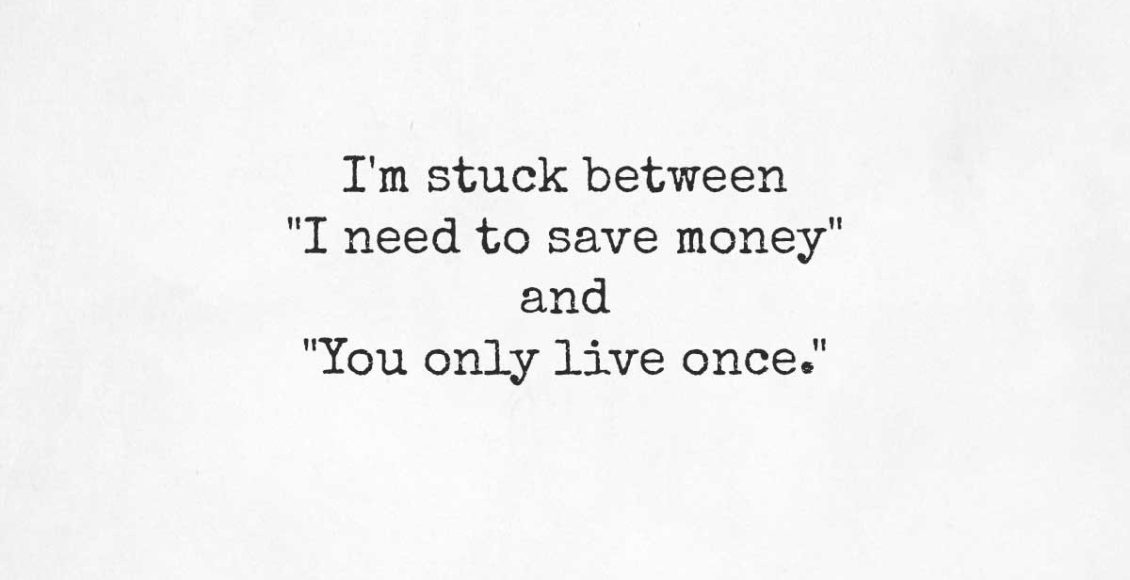We’re not wired to save money. Here’s how to get it together and finally start saving.

Citizens were recently asked in CNBC and Acorns Invest In You Savings Survey about what they would do if they’re unexpectedly received a $5000 bonus from their employer.
Interestingly, more than a third of people said they would use it to extinguish some of their debt.
Others said they would save it up or invest it.
Only two 2% said they would use it to buy something they could not normally afford.
The average American saves up just 7.5% of their income. 40% of US citizens do not have $400 stored safely in case of emergencies, as per the Federal Reserve.
We all want to be smart when it comes to our finances, but why does it prove to be so difficult?
“Spending is much easier than saving for most people,” said Stephen Brobeck, a senior fellow at the Consumer Federation of America.
Of course, the jobs of companies involve separating us from our hard earned cash.
“We’re bombarded by ads for products and shop in stores designed to encourage spending,” he said. At the same time, he continued, “those without substantial assets receive much less encouragement from the marketplace to save regularly.”
Evolution may be another factor at play.
“Saving is not what neuropsychologists call a ‘selective trait,’” said Teresa Ghilarducci, an economics professor at the New School for Social Research.“It’s not a trait that helps propagate the species.”
And while good relations and trust are qualities that help us reproduce, she said, “a young person saving for retirement is a bit weird.”
She believes that the blame should not fall entirely on the consumer for not being better with their finances, but on the banks and car dealers that burden them with more debt than they can possibly handle in their lifetimes.
When it comes to retirement savings, she believes there should be a mandatory system in place not bound to rely on “unrealistic discipline.”
Our own experiences in life also contribute to our inability to handle money properly, said Edward Horwitz, director of financial psychology programs at the Heider College of Business at Creighton University.
We have different financial beliefs that are shaped by our childhoods and social surroundings, he said. And these guide our behavior.
“We react emotionally around our financial decisions, and it occurs literally in nanoseconds,” Horwitz said. “Then we employ our rational thinking to justify those decisions.”
The only way to deal with this issue is to get to know ourselves better.
“You need to go back and think about these things in the moment,” he said. “Yeah, I do have a tendency to behave in this way, and I understand that comes from what I heard growing up or am pressured by society to do.”
“You have to be aware of where these beliefs are coming from and how they derail your best financial decision making,” he added. “Then you have to take corrective action.”
Check out CNBC’s report in the video below.
Do you have your own system in place you use to save money?
Would like to share with our readers? Please do so in the comment section and share this article if you’ve found it of value.


